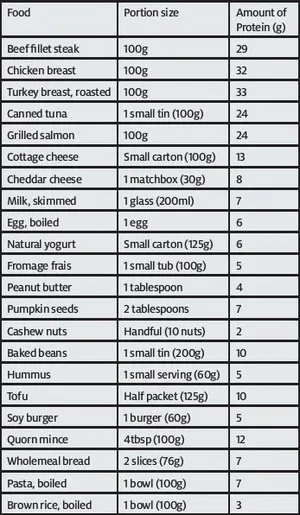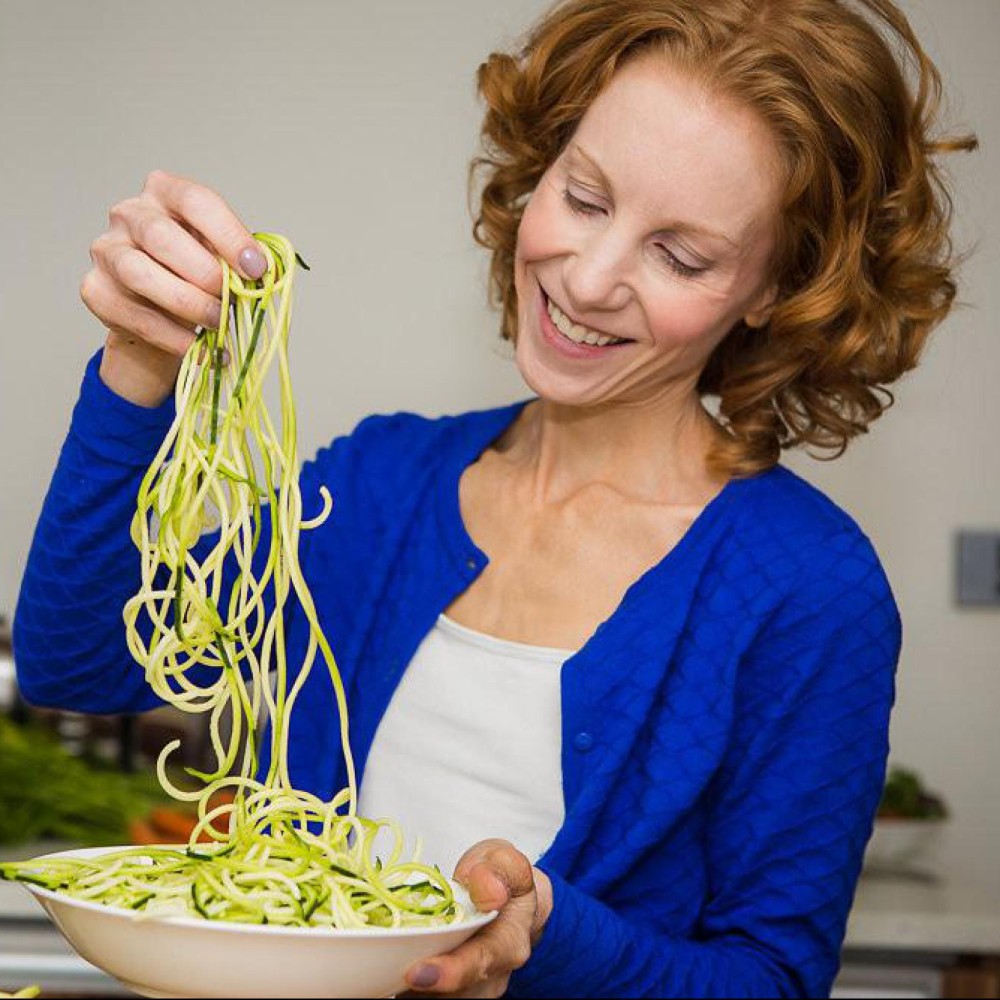How protein helps your post-ride recovery
What you eat straight after a ride is as important as what you eat before and during it. A tasty pastry from the nearest bakery might hit the spot and feel like a well-earned treat — after a hard ride, anything will. But a better choice would be scrambled eggs on toast or a chicken pie. Here’s why…
All too often cyclists think their performance depends on the amount of carbohydrates they consume. While carbs are essential before and during exercise, protein has an important role to play as well.
Carbs might be the best riding fuel, but skimp on protein when the ride is over and your recovery will suffer.
Why you need protein
Cycling, like any prolonged and intense endurance training, increases your protein requirements for two reasons.
First, the training breaks down your protein stored in your body so you need to consume more than you normally would to compensate.
Eat the right things and your body recovers faster and better so you can get back on your bike feeling refreshed and ready to go sooner
Second, and perhaps more importantly for cyclists, protein is vital for the repair and recovery of muscle tissue after a ride.
This post-ride period is when you need to think carefully what you’re eating, as anything you consume during this time has two jobs to do: replenish your depleted fuel stores and repair damaged muscle fibres.
You're going to feel exhausted and sore after training no matter what. But eat the right foods afterwards and you won't feel that way for as long as you would if you just threw the first snack you found down your neck. Eat the right things and your body recovers faster and better so you can get back on your bike feeling refreshed and ready to go sooner.
Protein-rich foods have other benefits besides helping your body recover from training. They play a role in producing neurotransmitters, chemical messengers in the brain that keep you alert, focused and energised. They also slow down the release of glucose into the bloodstream, helping stabilise blood sugar between rides, and contain energising nutrients such as B vitamins, iron and zinc.
How much protein do I need?
Depending on the amount and intensity of your cycling, the recommended range is 1.2–1.4g protein per kg of body weight per day.
This compares to 0.8g/kg of body weight per day for the average person. So if you weigh 70kg you'd need between 84–98g/day. In practical terms, a 100g (3.5oz) piece of meat or fish contains between 25–30g protein and vegetarian sources around 15–20g. As such, depending on your food choices, you'd need 3–5 servings a day.
When to eat protein
To meet your protein needs you’ll have to include some protein with most meals and snacks; the exception being just before and during rides when carbohydrates are more valuable.
Protein should also feature in whatever you snack on immediately after a ride and in any post-training meal. Including a little protein with carbohydrates accelerates glycogen recovery, reduces muscle soreness and boosts muscle repair. Aim for a ratio of three parts carbohydrate to one part protein (about 20–25g protein and 60–70g carbohydrate depending on body weight).
Protein sources
Protein shakes, milkshakes and smoothies are all good choices, especially if you can’t stomach solid food straight after a ride. Alternatively, try a protein/energy bar, rice cakes with raisins and peanut butter, or some pieces of fruit and a glass of milk.

After you’ve showered and changed, eat something more substantial to keep the recovery/refuelling process going. Depending on the time of day and your individual calorie needs, here are some good options:
Breakfast
- Scrambled/poached eggs on wholegrain toast and orange juice
- Cereal and fruit with yogurt or milk
- Muesli, topped with berries and yogurt
- Fresh fruit and wholegrain toast with baked beans
- Porridge, raisins and milk topped with seeds
Lunch or dinner
- Jacket potato, chicken breast and salad
- Chilli or vegetarian chilli and rice
- Grilled salmon, potatoes and steamed vegetables
- Pitta breads with falafel and salad
- Pasta with tuna and tomato sauce
- Bean burrito and salad
- Turkey stir fry and noodles
Protein supplements
Ideally you'd obtain all your protein from the foods you eat but there may be times when you can’t stomach lots of food, especially during periods of intense training or after a long ride.
Protein supplements are a convenient way to make up for any shortfalls. Protein shakes or bars tend to be based on whey, casein or soy protein and many contain additional nutrients, vitamins and minerals.
Whey protein is the most popular and contains a high concentration of essential amino acids including the branched chain amino acids in an easily digested form. A single serving (1 scoop) contains between 15–25g of protein. A protein shake with some fresh fruit makes for a good post-training snack.
Know your amino acids
Amino acids are the small components of protein and are used by your body to repair and build muscle. There are eight essential amino acids that must be provided by your diet, while your body produces the others.
All these essential amino acids are required for your body to use proteins effectively. Animal proteins as well as soya, quorn and quinoa contain a good balance of these essential amino acids.
Plant sources such as beans, pulses, grains, nuts and seeds lack certain essential amino acids. If you're vegetarian and vegan, the key is to combine plant proteins to provide your body with a sufficient and balanced supply of amino acids (beans and toast, or dhal and rice, for example).
Branched-chain amino acids (BCAA) — valine, leucine and isoleucine — make up one-third of muscle protein. During intense aerobic exercise they can be used as fuel by your muscles particularly when muscle glycogen is depleted.
Studies suggest that supplementing your diet with BCAA during and after exercise may help reduce protein breakdown, preserving muscle and reducing muscle damage. Available as capsules and included in protein powders, they could be of value if you're restricting your calorific intake or if your protein intake is too low.
